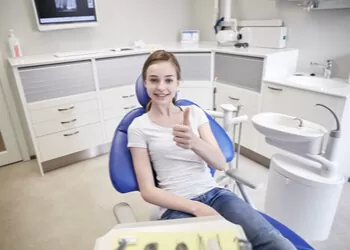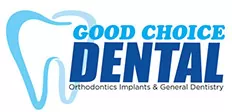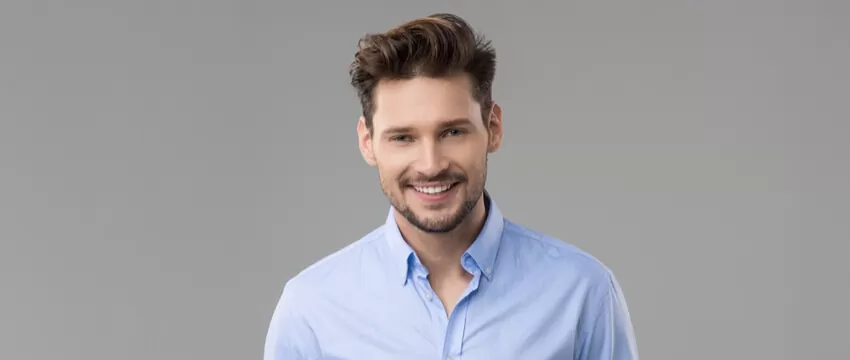Why Are Teeth Extracted?
The most common reason for tooth extractions is decay, but you may need to have a tooth pulled because of
- Trauma that has caused irreparable damage
- A crowded mouth that can’t accommodate any more teeth
- An infection that goes into the pulp of your tooth, which antibiotics or a root canal treatment cannot save.
What To Expect After A Tooth Extraction
It may only take your dentist a few minutes to remove your damaged tooth, but it will take a few days for you to heal fully from a tooth extraction.
Once your tooth has been removed, you can expect a certain amount of bleeding. Your dentist will give you a piece of gauze to bite down onto – the pressure will slow down the rate of bleeding and, after some time, a blood clot will form at the site.
Your dentist will give you specific instructions to follow after your tooth extraction, so make sure you follow all advice.
A lot of your post-operative care is concerned with keeping that blood clot in place because if it becomes dislodged it can cause a condition called dry socket, whereby the tooth nerves are exposed. It causes a very severe, dull pain that can take a number of days to heal.
In order to protect the blood clot (which is protecting the site of your extraction) you should
- Not touch the site with your tongue or fingers
- Not brush your teeth or rinse your mouth for the first 24 hours after your tooth extraction
- Avoid very hot or very cold beverages and foods
- Avoid sticky and hard foods
- Not drink through a straw
- Avoid alcohol
- Not spit
- Stay well hydrated by drinking lots of water
- Eat nutritious food like soup or soft stew and even though it may not be comfortable, do eat because your body needs nutrients to heal.
A General Recovery Timeline
24-hours after surgery
Some light bleeding can occur in the 24-hours after a tooth extraction. You might feel some swelling and tenderness too. Take the pain relievers prescribed by your dentist and change the gauze as required. Use ice compresses on the outside of your face to manage inflammation.
Make sure you get lots of rest and sleep when you can. Your body needs rest in order to heal effectively.
Keep your head raised when you are asleep. Sleeping with an extra pillow or two can help to prevent blood collecting in your head, which may extend your recovery time. Avoid smoking as this can introduce bacteria into your mouth and increase your chances of developing an infection at the site.
Keeping the blood clot in place is critical in the first 24 hours following your tooth extraction so you should avoid rinsing your mouth during this period.

3-10 days after surgery
Maintain your dental hygiene routine with twice-daily flossing and brushing. Do not brush over the surgical site yet. You can keep the area of extraction clean by using a saline mouthwash a few times a day.
Carry on eating softer foods, eating on the opposite side of your mouth in the week after your tooth extraction.
What Are The Signs Of Complications With A Tooth Extraction?
On average most patients take around 10 days to heal from a tooth extraction. Older patients and smokers may heal slower. There are some signs that indicate you may need to see your dentist. These include
- A persistent or worsening pain
- Vomiting or nausea
- A fever
- Persistent or worsening bleeding
- Intense pain that moves in the direction of the ear
- Discharge at the extraction site
What About Wisdom Tooth Extractions?
Wisdom tooth extractions may take slightly longer to heal from, especially if the procedure is to remove more than one tooth. Sometimes your dentist might use stitches to close up the site and promote faster healing.
Tooth Extractions For Children
Children’s teeth are often extracted under anaesthesia, however the healing process is very similar. A successful recovery period is important for healing, and for ensuring the child has a positive dental experience.
At Good Choice Dental we prioritise the dental experience for the whole family. If you’re looking for more info on what to do after tooth extraction please contact us for an appointment: (02) 8203 8760.





Recent Comments